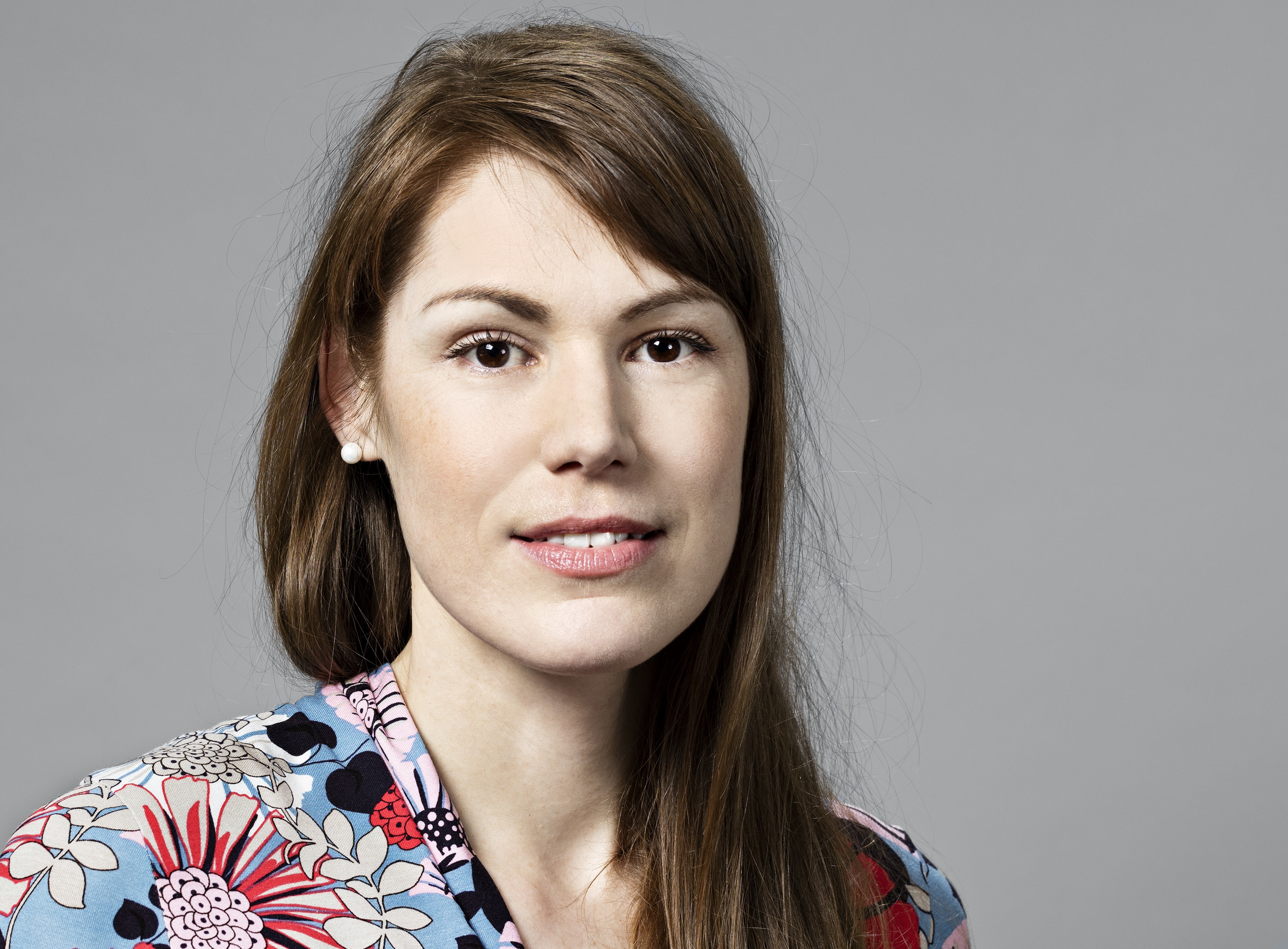
In Progress

Julia Engelschalt: Climates, Contagion, and Comparison: American Physicians between Colonial Warfare and the New Public Health, 1898 - c. 1925.
Abstract
Julia's dissertation project examines the repercussions of American tropical medicine in domestic public health reforms - the so-called 'new public health' - during the Progressive Era. More specifically, she focuses on the ways in which public health campaigns directed at the U.S.-American South in the first decades of the twentieth century drew upon the knowledge gathered after the Spanish-American War of 1898 by American physicians in Cuba, Puerto Rico, the Philippines, and Panama about the problems that 'tropical climates' posed to public health. Comparative practices, thus the working hypothesis, were at the core of this translocal discourse, because they allowed the actors in question to justify their claims for public health reform in the Southern states on the grounds of their perceived similarity to the tropical colonies.
Full abstract

Itxaso García: Other Knowledges: A Decolonial Analysis of the Wixárika Environmental Knowledge and its Shift Through the Public Primary School Since 1980.
Abstract
Itxaso García deals in her doctoral project with the historical transformation of the Wixárika epistemic system on the environment since 1980s. The Wixáritari, an indigenous group originally from the region of Gran Nayar in the north of the state of Jalisco (Mexico), have preserved their knowledge system and culture with little Occidental influence due to the control over their territory. In the Wixárika epistemic system, environmental knowledge plays a key role in their social life and economical organization.
Full abstract

Abstract
The Anthropocene is the world we live in. It is also a buzzword for many a thing. A proposed geological epoch, a historical discontinuity, the human-driven disruption of the earth system, an ecological catastrophe with heavy implications on how we view our social world. Despite its many renderings, it is always discussed as a big picture concept. This project is an attempt to bring the Anthropocene down, from the global, to the local level and to offer a different standpoint for looking into the Anthropocene, that of the locality. Through a bottom-up approach, I aim at establishing a link between the locality of the human activities and the globality of the Anthropocene.
Full abstract

Prof. Dr. Eleonora Rohland
Professor for Entangled History in the Americas (Early Modern Period)
Director Center for InterAmerican Studies (CIAS)
Faculty for History, Philosophy and Theology
Department for Ibero-American History
Center for InterAmerican Studies
Universität Bielefeld
Postfach 10 01 31
33501 Bielefeld
Office: X B2-212
E-Mail: eleonora.rohland@uni-bielefeld.de
Phone: +49 521 106-3251
Twitter: @ejrohland